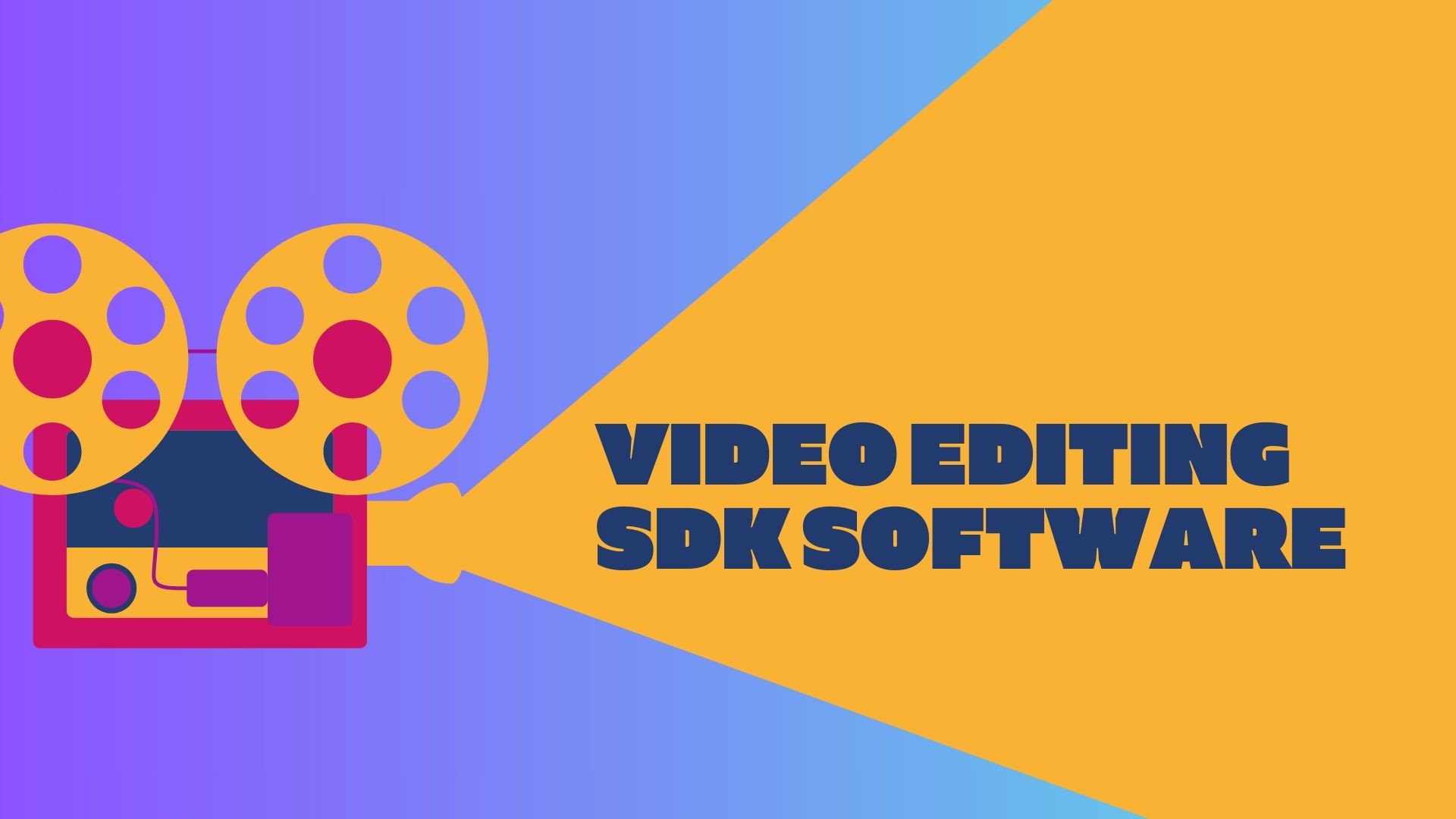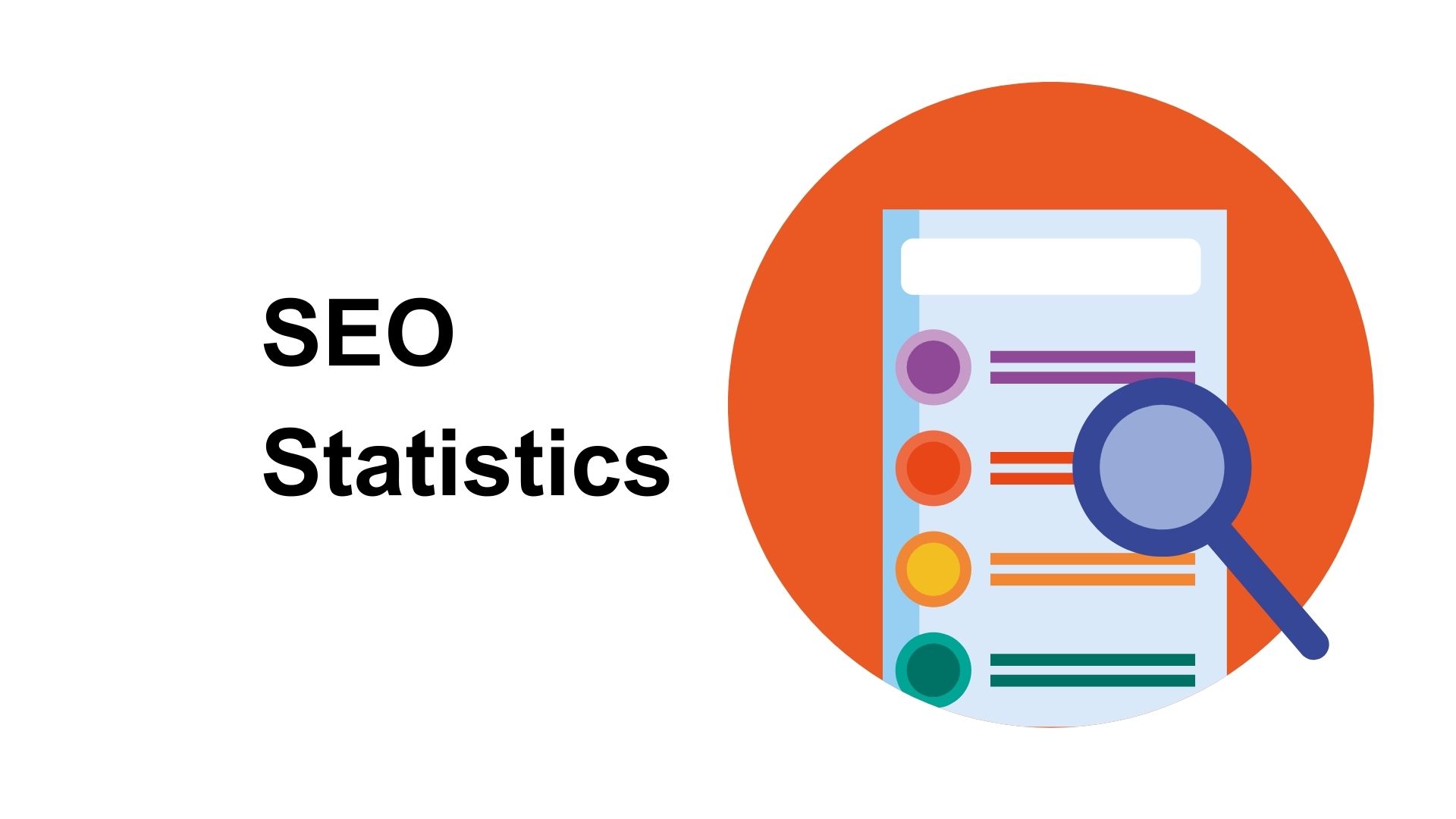Accountability Is Key to Data Governance
As I wrote last week, citing a recent study by the MIT Sloan School of Management's Andrew McAfee and Erik Brynjolfsson, there's a growing awareness that companies can derive real value from data. The two men found a strong connection between business performance and emphasis on data-driven decision making, with companies one standard deviation higher in being data-driven generating 4 percent higher productivity and 6 percent higher profits than their peers.
That may help explain why business executives like CFOs are now showing interest in wonky issues such as data governance. As IT Business Edge's Loraine Lawson wrote last month, 67 percent of CFOs responding to a recent Hackett Group survey identified establishing data stewardship, standardizing master data and cleansing data as priorities.
Getting senior-level execs like CFOs behind ideas like these is an important step, but getting data governance off the ground is still a big challenge for many organizations. Loraine presented some good ideas from Barclay Blair, president and founder of consulting and professional services firm ViaLumina Group. Among them:
- Best practices are fine, but don't rely too much on others. Tailor a data governance strategy that will satisfy your organization's needs.
- Enlist advocates or sponsors within each line of business and ask them to work together on cross-functional governance.
- Establish specific business goals for data governance and create metrics to measure success.
A big-picture idea, which I addressed in a post from late 2009, is to get everyone in an organization involved in data governance I shared a list of five user groups from MDM from the Front Line blogger Charles Blyth, including his take on the roles members of all five groups need to play.
IT professionals like database administrators and data warehouse developers tend to play the role of custodians, who have traditionally been responsible for cleansing data and establishing data standards. While that's certainly important, Blyth says they should become more active in defining the data governance strategy, managing its deployment and support, developing the business data model and supporting the IT architecture within the data governance domain.
Writing on Information Management, Deloitte Consulting partner Jane Griffin strikes many of the same themes in presenting four pillars of data governance: education, responsibility, buy-in and communication. Two of her key points:
- Forget vague benefits. Create and disseminate a list of how each role within an organization will benefit from policies and procedures that result in good quality data.
- Empower knowledge workers to carry out the policies. Involve them in making improvements, and talk about their successes.
Griffin also suggests creating a data governance council and appointing a chief data officer, who she says should serve as “the ultimate liaison between the technical and business sides of the organization.” The CDO will also be responsible for a data governance roadmap, which Griffin says should communicate three high-level things:
- Roles, responsibilities and requirements for data governance throughout the organization.
- A plan to help meet those requirements and to sustain data governance competency going forward.
- Metrics to help measure the progress and performance of the data governance program.

Public relations, digital marketing, journalism, copywriting. I have done it all so I am able to communicate any information in a professional manner. Recent work includes creating compelling digital content, and applying SEO strategies to increase website performance. I am a skilled copy editor who can manage budgets and people.



